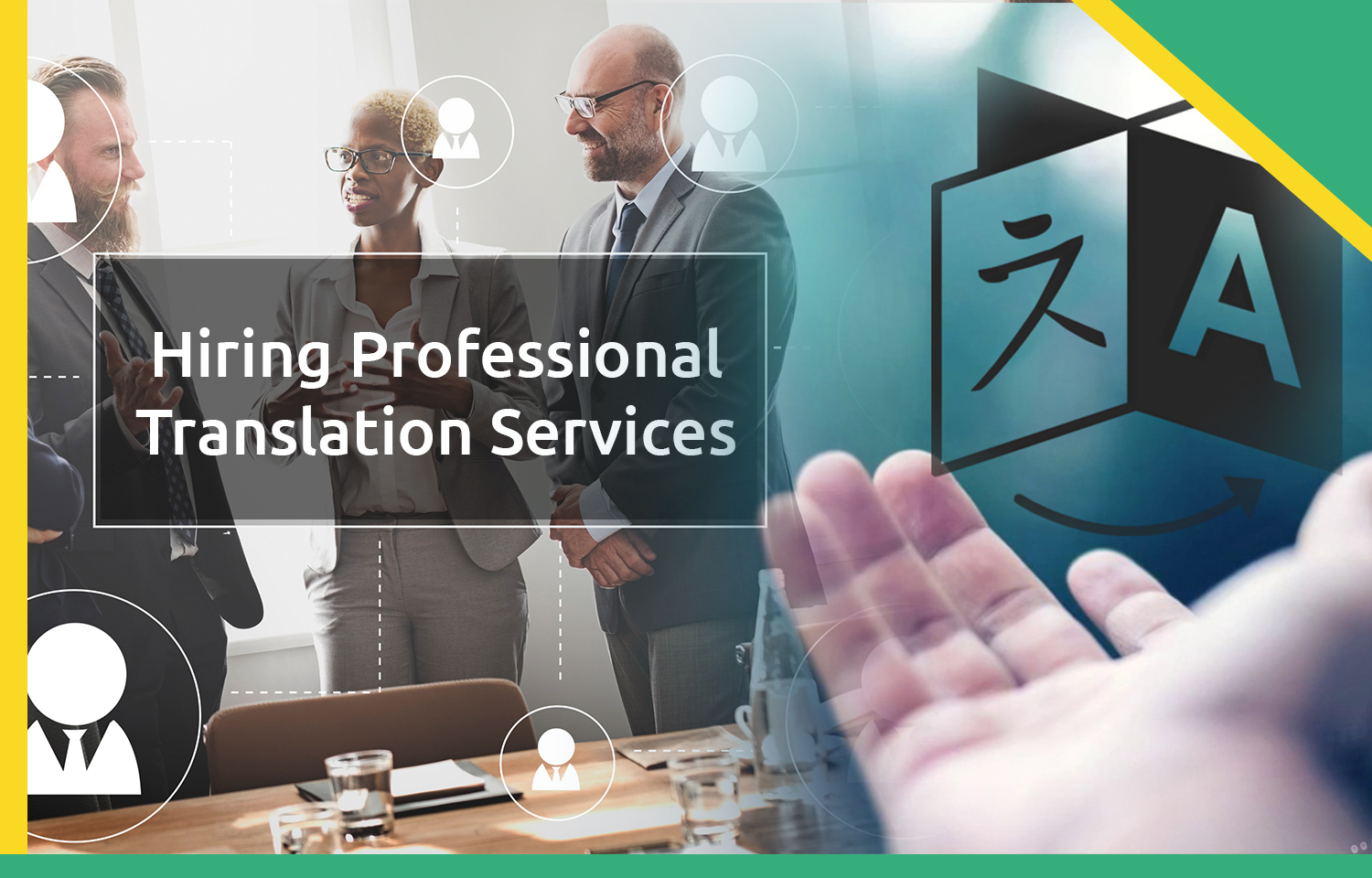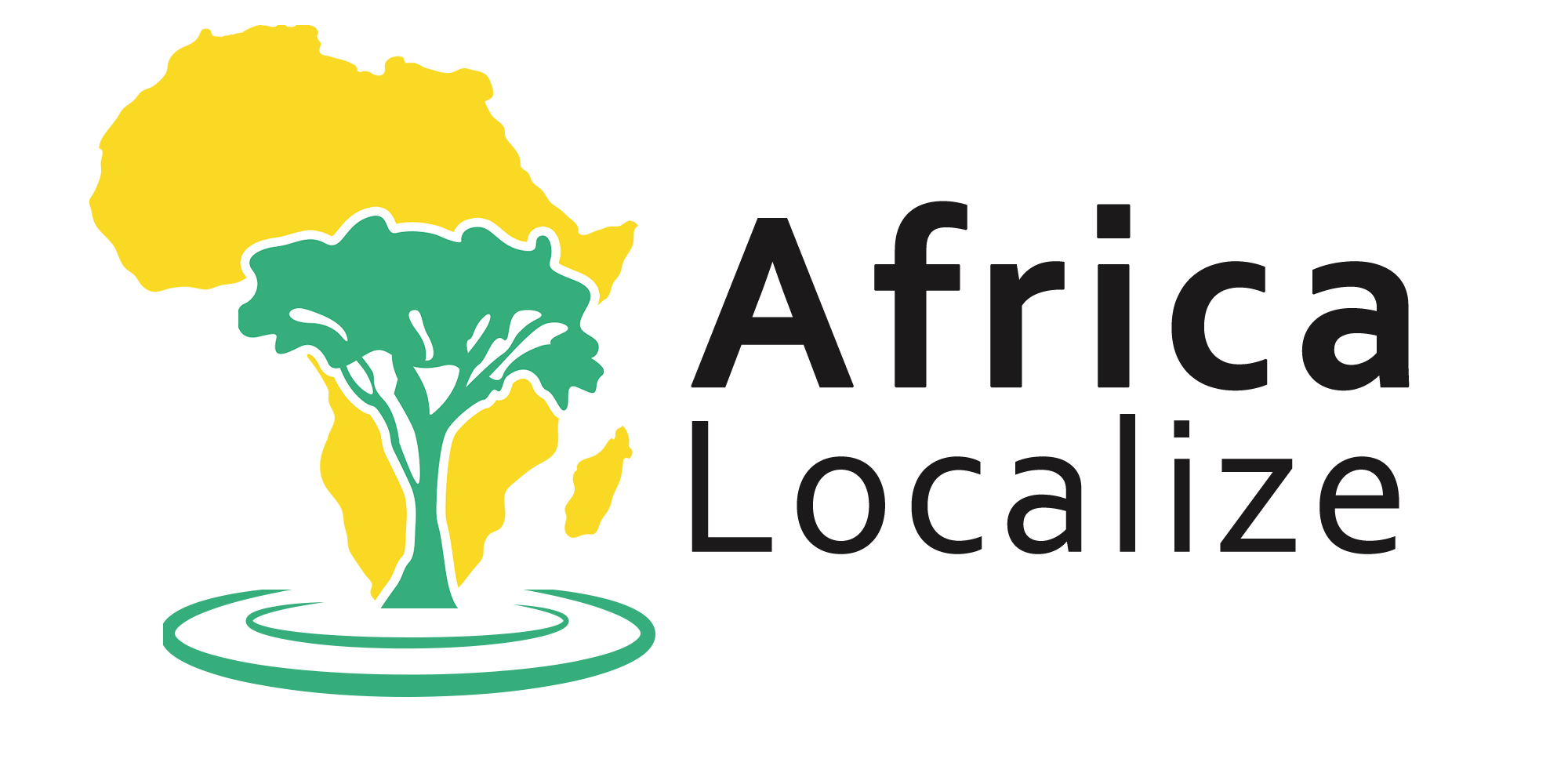How to Hire Professional Translation Services in Africa?

Due to globalization, the need for being recognized almost all over the world increases.
Although English is the global language for business, most likely non-English speakers will prefer doing business in their mother tongue.
Landing on the African Market requires linguistic knowledge about the land of diversity, to make sure that you can communicate your business in your audience’s preferred tongue.
And of course, hiring an African translation agency is essential for such a promising move.
It’s your gateway to your customers wherever they are on the black continent.
The translation agency will be in charge of translating or localizing your content with respect to your marketing plan and localization strategy.
Selecting a professional translation provider is a tricky task but it does not have to be like that.
Make sure that the African language translation company you are hiring works with Naive Africans. This will assure that your business will be communicated and localized to seem originally African.
Review the qualifications of the translators
You may believe that this is not your task.
However, your search won’t bring any results, unless you know exactly what you are looking for.
You are the best one to decide how exactly you want to present your business through your translation provider.
The qualifications of your translator could be:
- The mother tongue, in this case, should be the African language you are looking to hire for, to mention a few Afrikaans, Amharic, and Swahili.
- The fluency level of the target language.
- Years of experience in the translation domain.
- Accreditation and certificates the translator acquired.
- Projects the translator used to work on and check for testimonials.
Determine your translation needs
it’s better to decide on the language pair before you proceed with hiring your provider. Based on your intended languages, for instance:
If you are looking for a translation in a single language pair, for small projects and content. Looking for Single Language Providers (SLPs) or Freelance translators is recommended.
If your project is enormous in volume and you wish for a vast expansion, a Multi-language service provider will be your best option. They are more experienced in dealing with large volume content while considering the cultural and linguistic features of the target market.
Your translation needs are not only the languages of the translation company or freelance translator service. It’s also their coverage of translations in most of the subject matter areas, localization services offered, turnaround time, and flexibility when it comes to the completion date.
Quality Assurance
Another essential factor to consider when selecting your African Translation Provider is the Quality Assurance (QA) process. The QA team is a team of professionals who assure that the document is Error- free, after going through the normal translation stages; which are Translating, editing, and proofreading.
After each stage, the possibility of errors declines, until the QA team confirms that the document is ready to be shared with your customers or stakeholders.
Assess Accreditation
Accreditation strengthens trust and eligibility. Look for accreditation in the region where you are planning to do your business. For instance, in South Africa, it’s preferred to select a translation service provider that is accredited by the South African Translation Institute (SATI)
Frequently Asked Questions about “How to Hire Professional Translation Services in Africa?”
Conclusion
Hiring an African translation service provider is a smart step in your marketing plan. To put it into practice, get your needs ready on the table and start prioritizing them according to your project. Then comes the above-mentioned checklist, and off you go with your best choice.
